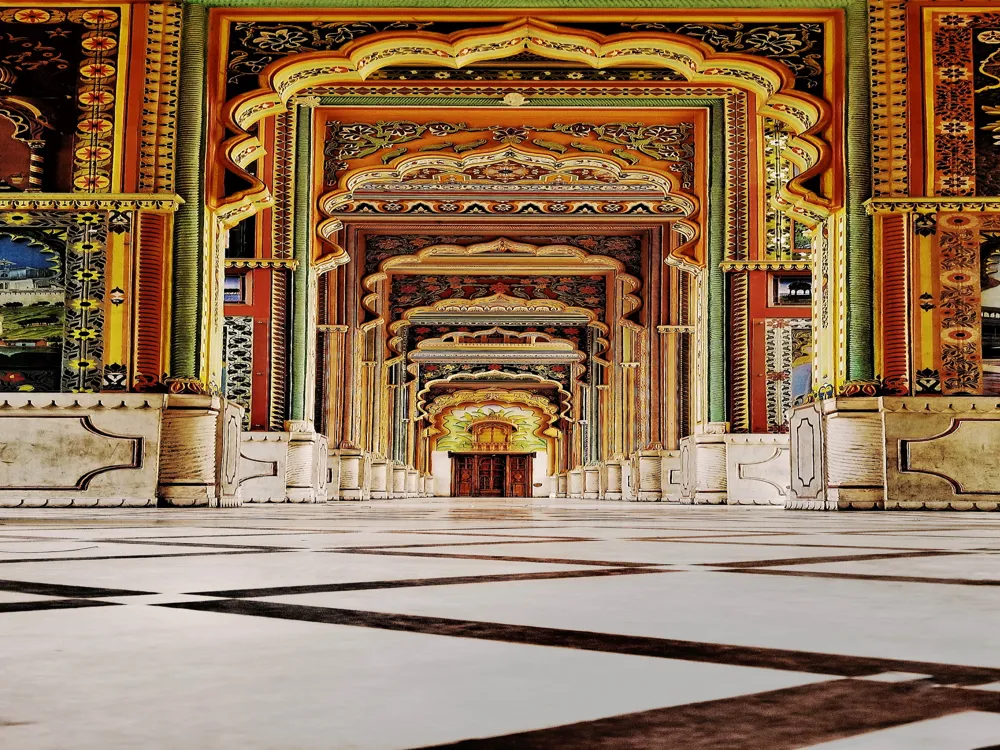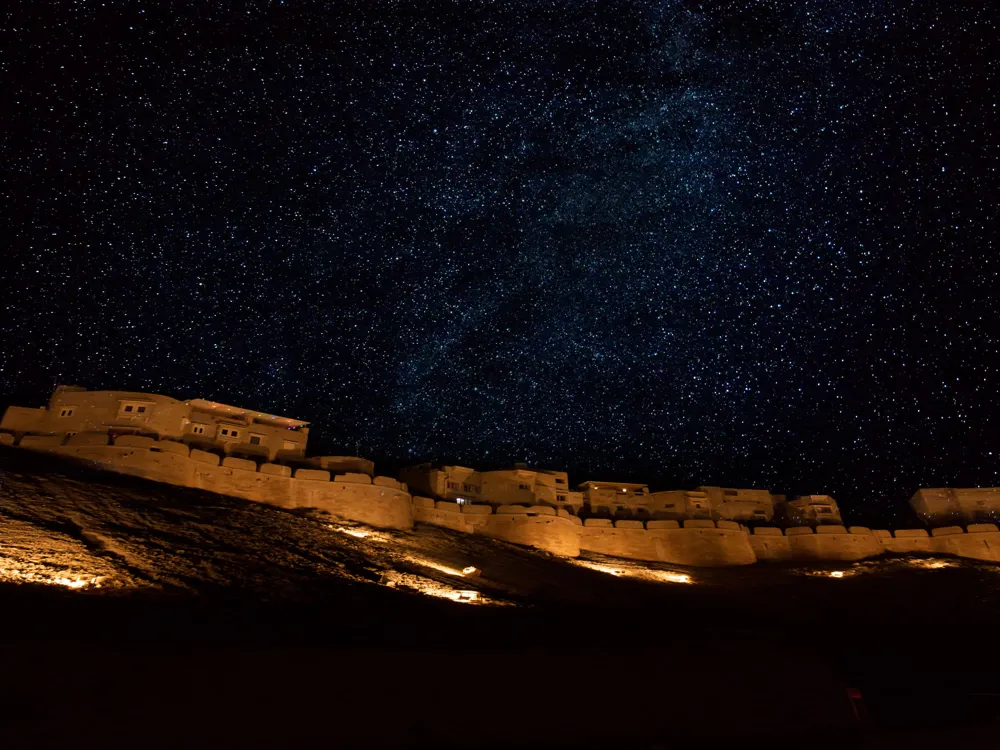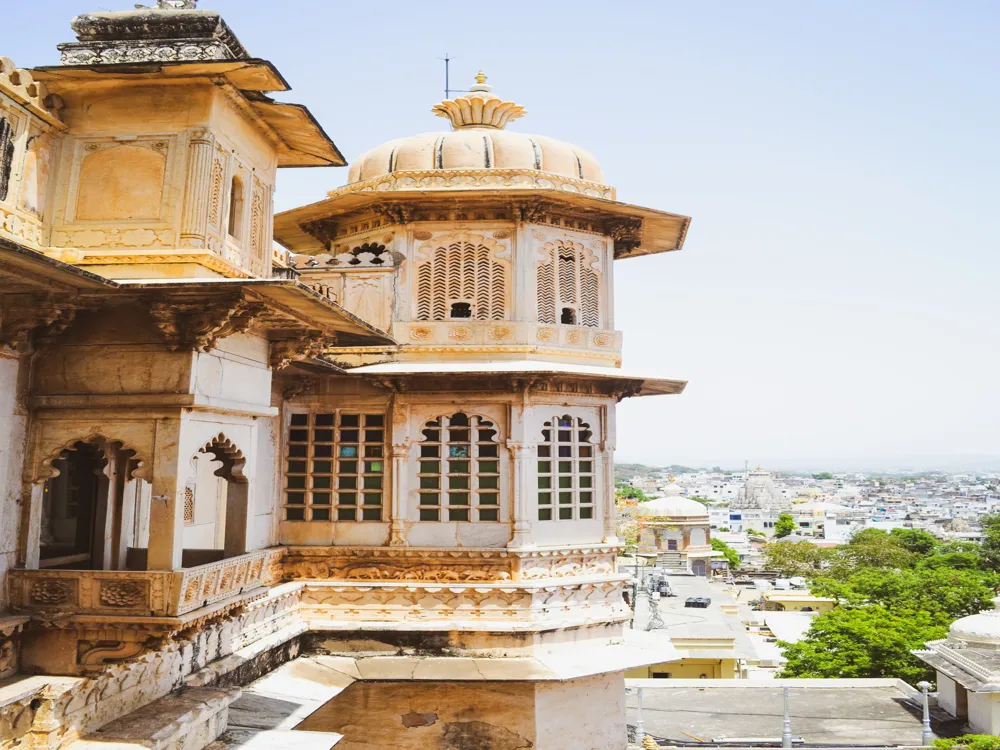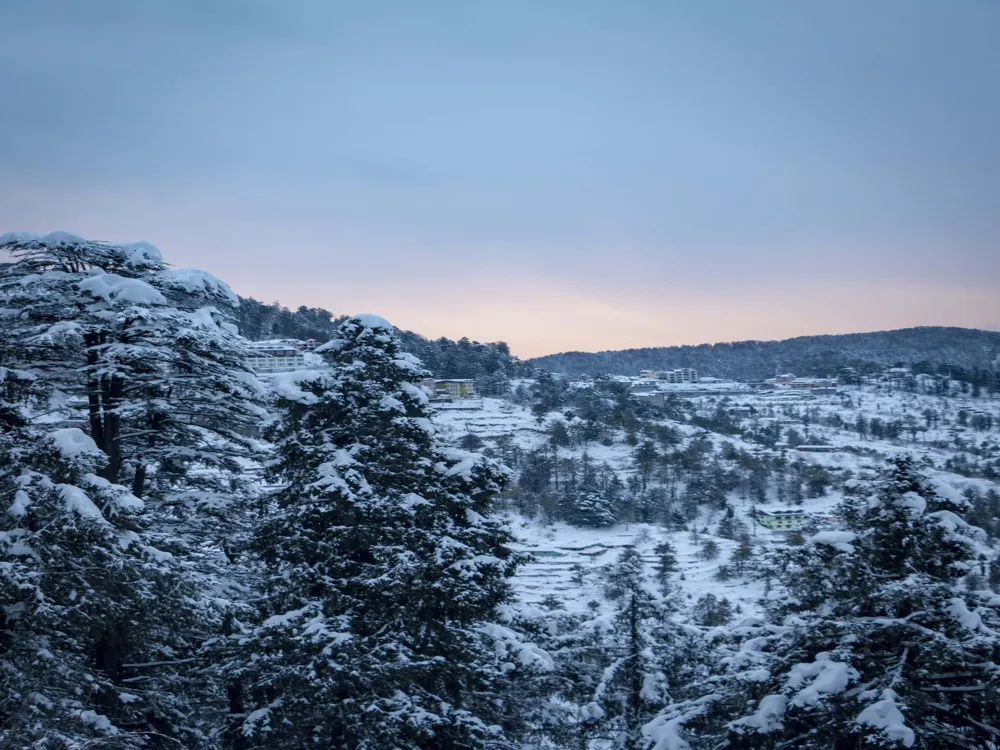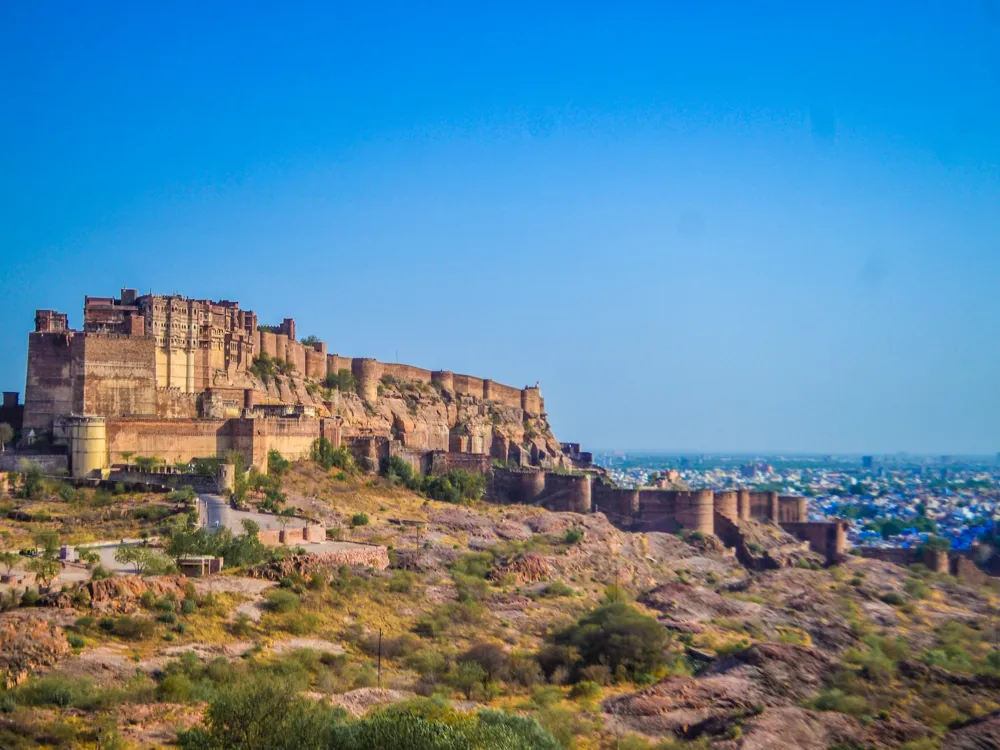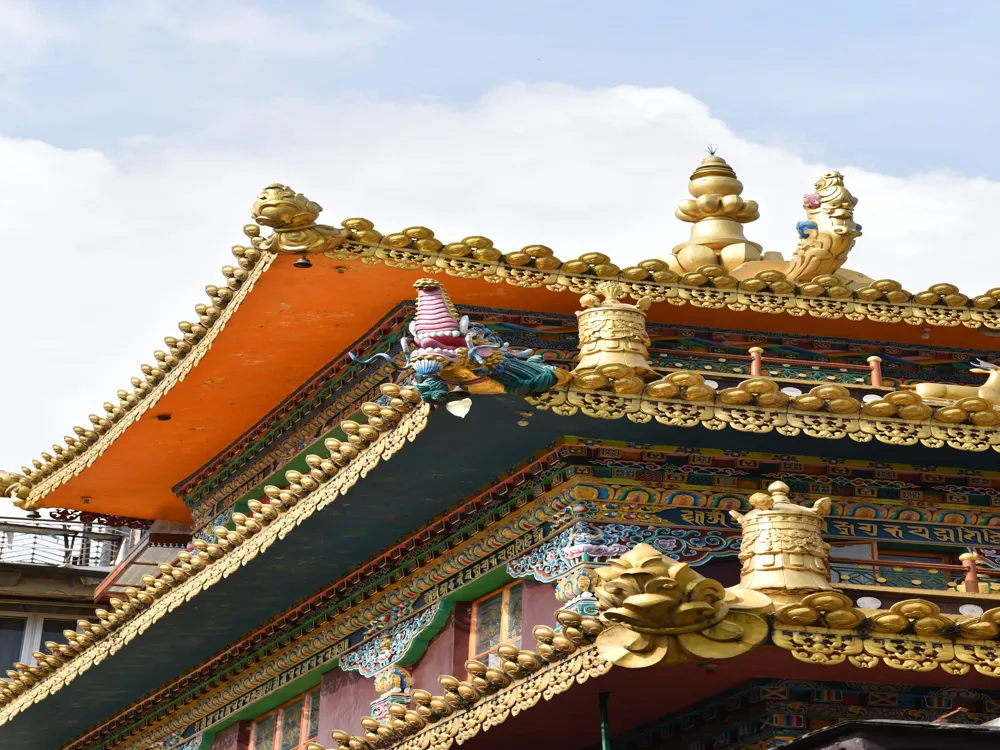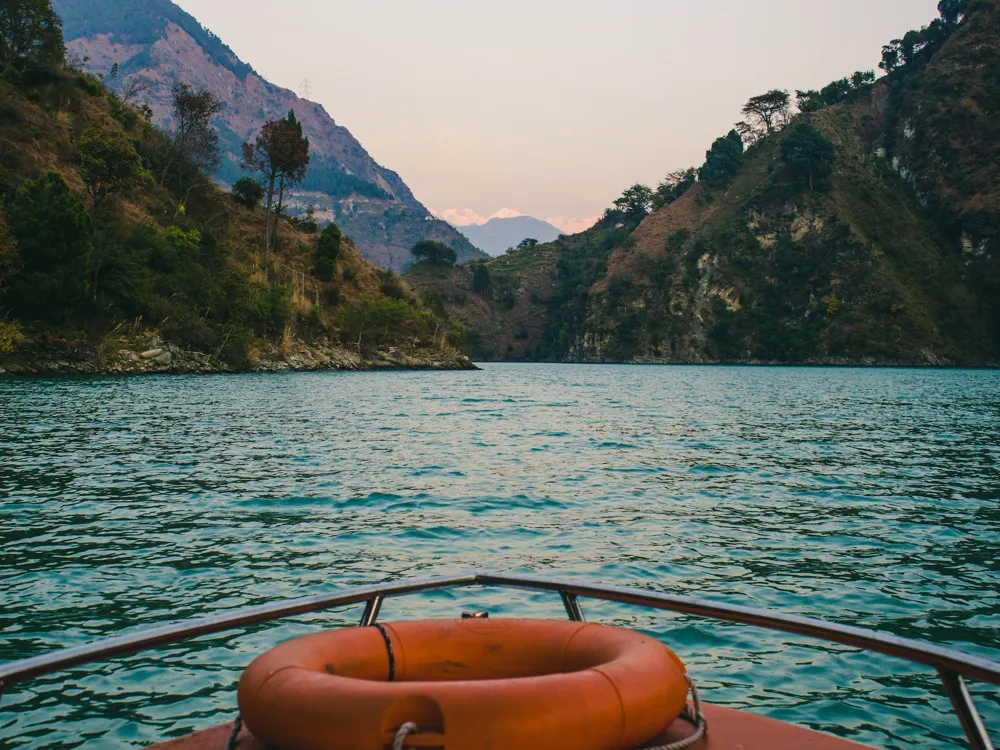Nestled in the heart of Rajasthan, Bikaner is a city that epitomizes the blend of tradition and modernity. Known for its striking forts, exquisite temples, and vibrant culture, Bikaner invites travelers to delve into its rich history and architectural splendor. This overview aims to unravel the allure of Bikaner, offering insights into its historical significance, cultural heritage, and the unique experiences that await visitors.
The foundation of Bikaner dates back to 1488 AD when Rao Bika Ji, a Rajput prince, established the city. Over the centuries, Bikaner flourished under the rule of various dynasties, each leaving an indelible mark on the city's culture and architecture. The city's strategic location on the ancient caravan trade routes contributed to its prosperity and cultural exchange, making it a significant hub in Rajasthan's history.
Bikaner's cultural landscape is as diverse as its history. The city is renowned for its opulent festivals, such as the Camel Festival and Gangaur, which showcase the rich traditions and lively spirit of its people. Bikaner's cuisine, particularly its sweets and snacks, is another aspect of its cultural identity, with delicacies like Bikaneri Bhujia and Rasgulla being popular among locals and tourists alike.
The art and craft scene in Bikaner is a testament to the artistic skills of its artisans. The city is famous for its intricately carved jharokhas (windows), red sandstone Havelis, and exquisite handicrafts, including Mojari (traditional footwear), Kundan jewelry, and handcrafted carpets. These artistic creations not only reflect Bikaner's rich heritage but also offer a glimpse into the daily lives of its artisans.
Bikaner's architecture is a fascinating blend of Rajput, Mughal, and European styles, reflecting the city's historical and cultural evolution. This section delves into the architectural wonders of Bikaner, exploring its majestic forts, sacred temples, and grand palaces, each narrating a story of its glorious past.
The Junagarh Fort, a prime example of Bikaner's architectural grandeur, stands as a testament to the city's historical significance. Built in 1594 by Raja Rai Singh, the fort is a marvel of red sandstone and marble, boasting courtyards, balconies, and intricately decorated interiors. The Lalgarh Palace, another architectural masterpiece, blends Rajput, Mughal, and European styles, offering a unique glimpse into the royal lifestyle of the past.
Bikaner's spiritual essence is captured in its numerous temples, each with its unique architectural style and religious importance. The Karni Mata Temple, dedicated to the goddess Karni Mata, is particularly notable for its white marble façade and intricate carvings, as well as for being home to thousands of holy rats, considered sacred by the devotees.
The Havelis of Bikaner are a testament to the city's rich merchant history. These grand mansions, built by wealthy traders, feature elaborate designs, frescoes, and jharokhas, offering a window into the luxurious lifestyle of Bikaner's elite. The Rampuria Haveli is one such example, known for its splendid architecture and ornate decorations.
The ideal time to visit Bikaner is between October and March, when the weather is pleasant, making it conducive for sightseeing and exploring the city's outdoor attractions.
Respecting local customs is crucial when visiting Bikaner. Dress conservatively, especially when visiting religious sites, and be mindful of local traditions to ensure a respectful and enriching experience.
Bikaner can be explored on foot, by rickshaw, or by taxi. It's advisable to carry a map or use a GPS-enabled device for easy navigation, especially when exploring the narrow lanes of the old city.
While indulging in Bikaner's culinary delights, opt for reputable eateries to ensure food safety. Also, staying hydrated is essential, especially during the hotter months.
Bikaner offers a variety of shopping experiences, from vibrant local markets to upscale boutiques. Bargaining is common in local markets, so don't hesitate to negotiate prices for handicrafts and souvenirs.
Bikaner is well-connected by air, rail, and road. The nearest airport is Jodhpur Airport, from where Bikaner can be reached by road or rail. The city's railway station connects it to major Indian cities, and the well-maintained roads make it easily accessible by bus or car.
Discover Bikaner: A Gem in Rajasthan's Crown
The Historical Significance of Bikaner
Bikaner's Cultural Heritage
Exploring Bikaner's Art and Craft
The Architectural Marvels of Bikaner
Majestic Forts and Palaces
Sacred Temples and Spiritual Sites
The Havelis of Bikaner
Tips When Visiting Bikaner
Best Time to Visit
Local Etiquette and Customs
Navigating the City
Food and Safety
Shopping Tips
How To Reach Bikaner
Station Road
Bikaner
Rajasthan
₹ 15,250 onwards
View bikaner Packages
Bikaner Travel Packages
View All Packages For Bikaner
Top Hotel Collections for Bikaner

Private Pool

Luxury Hotels

5-Star Hotels

Pet Friendly
Top Hotels Near Bikaner
Other Top Ranking Places In Bikaner
View All Places To Visit In bikaner
View bikaner Packages
Bikaner Travel Packages
View All Packages For Bikaner
Top Hotel Collections for Bikaner

Private Pool

Luxury Hotels

5-Star Hotels

Pet Friendly












